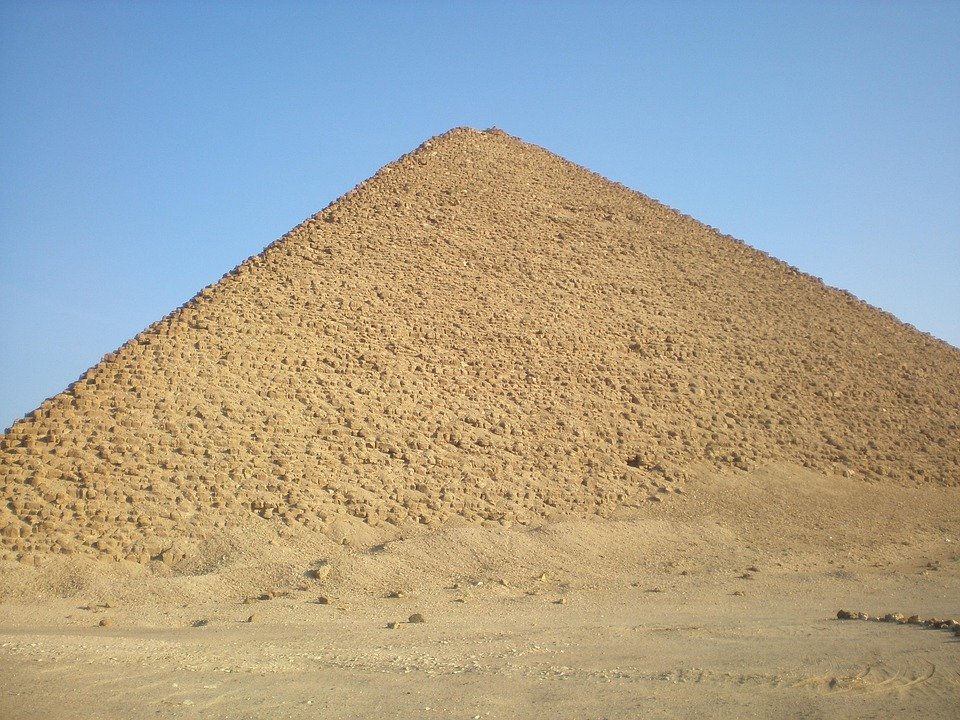Wondering when to go to Giza without running into huge crowds or bad weather? You're not alone! Planning a trip to this iconic site can be exciting, but figuring out the best time to visit is key. The timing often depends on various factors like the weather in Giza, your budget, local events, and what you hope to do while you're there. In this guide, we'll dive into the different conditions and seasons to help you make an informed choice.
Overview of Giza’s Climate
Giza experiences a predominantly dry climate, typical of a desert environment. The weather can be categorized into two seasons: a hot, dry summer and a mild winter. From June to August, temperatures can soar to well above 100°F (37°C), while winter months, particularly December to February, see more moderate averages around 60°F to 70°F (15°C to 25°C), making the weather in Giza quite pleasant.
You'll also notice that rain is virtually non-existent most of the year, with the wettest months—January and February—sometimes seeing a few scattered showers. So if you're looking for sunshine, you can count on plenty of it!
Month-by-Month or Seasonal Breakdown
Spring (March to May)
- Weather: Spring is one of the ideal times to visit Giza. Temperatures range from 70°F to 80°F (21°C to 27°C), and the humidity is manageable.
- Events: March celebrates age-old Egyptian traditions during the Sham el-Nessim festival, focusing on the arrival of spring.
- Pros and Cons: While you'll enjoy mild weather and fewer crowds, some travelers may experience a bit of dust storms as the season progresses.
- Best For: Photographers and culture lovers will thrive during this time with stunning sunset shots and lively scenes.
Summer (June to August)
- Weather: As expected, summer in Giza brings extreme heat, often topping 100°F (38°C). Days can be brutal for outdoor exploration.
- Events: This is typically the quietest travel period due to the heat. The local population may engage in summer festivals, but tourists often avoid the sun.
- Pros and Cons: Hotels may drop prices to attract visitors, making it a budget-friendly period but perhaps not enjoyable for outdoor activities.
- Best For: Budget travelers and those who prefer a quieter experience; just remember to stay hydrated!
Autumn (September to November)
- Weather: Autumn sees a gradual decrease in temperatures, ranging from 70°F to 85°F (21°C to 29°C). Nights can get a bit chilly, especially in November.
- Events: October often features various cultural celebrations reflecting Egypt's rich heritage.
- Pros and Cons: With cooler weather and vibrant cultural events, it attracts more tourists and can sometimes lead to larger crowds at main attractions.
- Best For: Those seeking to experience the local culture while enjoying pleasant weather.
Winter (December to February)
- Weather: Winter temperatures can dip lower, averaging around 57°F to 70°F (14°C to 21°C). This season is not too wet, with low chances of rain.
- Events: Christmas and New Year's bring festive cheer to the city, alongside traditional local festivities.
- Pros and Cons: While the weather is more comfortable for exploring, it can be quite crowded with tourists seeking warm places to escape colder climates.
- Best For: Families and holiday travelers looking for a unique seasonal experience in Giza.
Tips Based on Travel Style
For Budget Travelers
If you're trying to keep costs down, aim for the summer months. Although the heat can be oppressive, many hotels, flights, and attractions offer discounts. With some planning, you can enjoy the pyramids early in the morning or later in the evening when it's cooler.
For Avoiding Crowds
Late fall or spring is your best bet. During these seasons, tourism is mellowing out a bit, so you can enjoy the sights of Giza with less competition for space in front of the Sphinx or the Great Pyramid.
For Outdoor Activities or Cultural Events
Opt for spring or autumn. The weather in Giza is more conducive to exploring outdoor sites and attending festivals. Plus, you can easily spend hours wandering around the historical landscapes.
For Romantic or Solo Trips
Visiting during the winter can be enchanting. The cooler nights are great for stargazing over the Giza Plateau, and you'll find the atmosphere quite romantic with fewer tourists.
It really depends on what kind of experience you're looking for. Some travelers love Spring because of the quiet vibe, while others aim for the festivals in October. Giza offers a rich tapestry of experiences no matter when you decide to go!
FAQ
Is June a good time to visit Giza?
June can be extremely hot, making it less ideal for day trips and explorations unless you're comfortable with the heat.
When is the rainy season in Giza?
There isn't a distinctive rainy season, but January and February can see occasional showers.
What's the cheapest time to visit Giza?
The summer months typically offer the best deals on accommodation and attractions, as long as you can handle the heat.
What's the peak season in Giza?
The peak season generally runs from late fall through winter, especially around holidays, when travelers flock to escape colder climates.
By keeping in mind the weather in Giza and your travel preferences, you'll be on your way to crafting an unforgettable experience. Happy planning!








